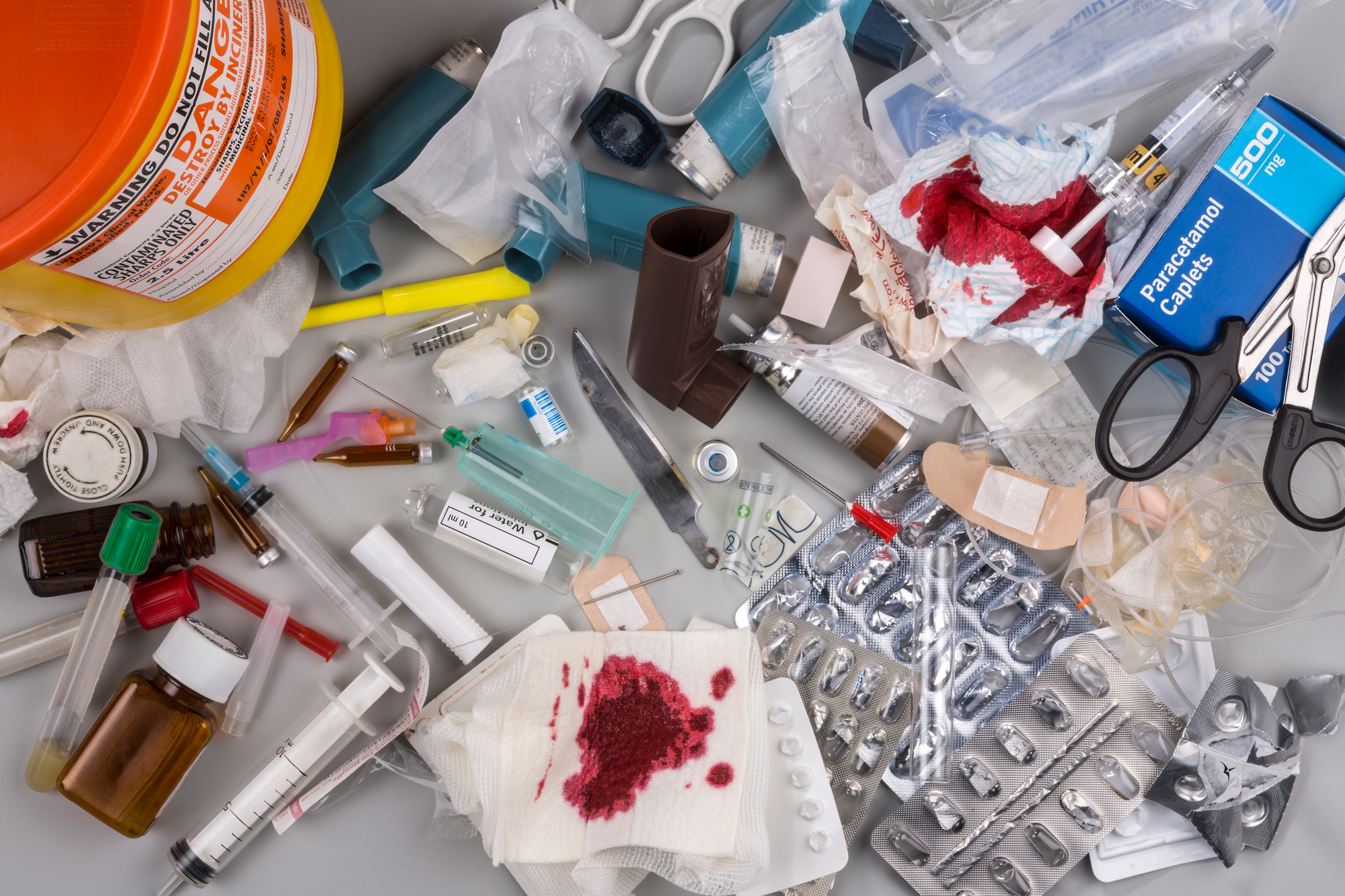What You Need To Know About Medical Waste Disposal?

Medical waste disposal is a critical process in healthcare to prevent environmental contamination and protect public health. It involves the safe handling, treatment, and disposal of materials generated during healthcare activities, such as hospitals, clinics, and laboratories. Medical waste can include anything from syringes and bandages to hazardous materials like chemotherapy drugs and radioactive isotopes. Biowaste Services, Inc. provides the same in St. Petersburg, Orlando, Tampa, Kissimmee, FL, St. Cloud, FL, New Port Richey and surrounding areas.
Types of Medical Waste:
- Infectious Waste: Items contaminated with blood or bodily fluids, such as used gloves, dressings, and needles.
- Hazardous Waste: Materials that can be toxic, flammable, or radioactive. These may include chemotherapy drugs, solvents, and laboratory chemicals.
- Pathological Waste: Human tissues, organs, and body parts.
- Sharps: Objects that can cause cuts or punctures, such as needles, scalpels, and broken glass.
- General Waste: Non-hazardous materials like paper and food packaging.
Regulations and Guidelines: Medical waste disposal is strictly regulated by government agencies such as the Environmental Protection Agency (EPA) and Occupational Safety and Health Administration (OSHA). The guidelines ensure proper segregation, storage, and disposal methods to reduce the risks of infection and environmental contamination. For example, sharps must be disposed of in puncture-resistant containers, while hazardous waste requires specialized treatment, such as incineration or chemical neutralization.
Disposal Methods:
- Incineration: A high-temperature process used for hazardous and pathological waste, reducing it to ash.
- Autoclaving: A steam sterilization method often used for infectious waste to kill pathogens before disposal.
- Landfilling: For non-hazardous waste, though it must meet environmental standards to avoid contamination.
- Chemical Treatment: Used for certain hazardous materials, particularly chemical wastes, to neutralize harmful substances.
Best Practices: Healthcare facilities should implement staff training on waste segregation, use color-coded bins for different waste types, and maintain regular audits to ensure compliance with regulations. Proper waste management not only prevents infections but also minimizes environmental impact, protecting both human and ecosystem health.
Should you have any questions, feel free to give us a call.
